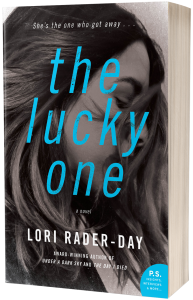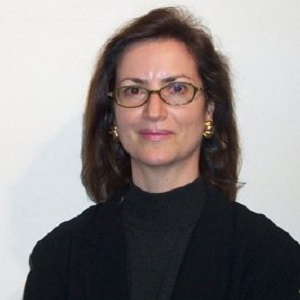Silas Hansen’s essays have appeared in Colorado Review, Slate, Catapult, The Normal School, Hobart, Hayden’s Ferry Review, and elsewhere. He is the nonfiction editor of Waxwing and directs the creative writing program at Ball State University.
MWW board member and publicity chair, Leah Lederman, has interviewed the faculty for MWW21. Today, meet essayist Silas Hansen who discusses his writing and what he will present at our virtual summer conference.
Silas’s MWW21 sessions:
- “Embracing the Tangent: the Art of Meandering in Personal Essays”
- Panel: “Pathway to Publication” Jessica Strawser, Chadwick Gillenwater, Pam Mandel, Silas Hansen Moderator: Angela Jackson-Brown
MWW: What are the most satisfying aspects of writing for you? Conversely, what are the most frustrating or difficult aspects of being a writer, and how do you cope with those issues?
SH: I’ve described writing nonfiction before as putting together a jigsaw puzzle without the picture on the box as a guide: I have all of the pieces, but I’m not sure how they fit together until I sit down and actually try placing each of the pieces side by side. I find this both immensely satisfying and incredibly frustrating—I love figuring out how two things work in juxtaposition (e.g., a scene from my childhood blended with research about something that was happening in the news at the time), but it can also be a long process of trial-and-error to get to that moment of realization.
It has helped me to remember that the process of getting there is the whole point of the essay. I also save the “errors” (the pieces that don’t fit) for future essays, which takes some of the pressure off: it never feels like wasted time, even if it ultimately doesn’t fit into the essay I’m working on at the moment.
MWW: What kind of research do you do for your writing, and how long do you spend researching before beginning a book or an essay?
SH: I can easily become obsessed with new ideas and concepts, so I have to be careful with my research: I can get so caught up in researching that I never actually put my own words on the page. Instead, I need specific questions to keep me focused. I often write first (often several thousand words, even for a single essay), then do the research once I know more about what I’m trying to say.
What kind of research I do depends on the essay. I often write essays about my own life and experiences, so my research tends to be more informal and personal. Recently, for example, I sorted through several boxes of family photos/scrapbooks from as far back as the 1890s and asked my 96-year-old grandmother about what I’d found. Sometimes research means asking friends and family about an experience that we had together so that I can compare our memories, or looking through my own yearbooks, photos, scrapbooks, etc.
MWW: What have you learned about revising over the course of your career as an author?
SH: The most important thing I’ve learned about revision is to always save each version of the essay separately—clearly labeled—so I can go back to it. This gives me the freedom to take bigger risks. I know I can always go back to a previous version if my new weird idea doesn’t work. I’m a big fan of drastic revision: What would happen if I took this very straightforward essay and tried re-writing it as if it were a final exam? What if it was a letter? What would happen if I re-wrote the entire thing in second person?—so I’ll often have six or eight different versions of the same essay saved. Similarly, I never fully delete anything from an essay—if I’m cutting more than a few sentences, I save it into a separate Word document, as it might be the start of something else.
My advice is to give yourself permission to take big risks in revision and to figure out what you need to do to make taking those risks feel “safe.”
MWW: In To Show and To Tell, Phillip Lopate wrote “Good writers are always trying to write above their heads, to hit on understandings beyond their conscious knowledge, through fortuitous word choice.” Can you think of a time when your writing revealed something to you that you hadn’t clearly understood until you’d come to write about it?
SH: This happens all of the time in my essays—it’s hard to think of a specific example! For me, writing essays is all about the process of discovery. I’m always starting with something that I’m uncertain about: maybe a question, maybe a memory that’s stuck in my head and I’m trying to figure out why, or maybe it’s an idea or a concept that I feel ambivalent toward. My essays are basically the travel log of where my mind went to figure it out. I’m often discovering something else—what the question means, why I’m asking it in the first place, what the answer might mean for me—along the way, even if I don’t ultimately find an answer.
MWW: As a writer, what would you choose as your mascot/avatar?
SH: Probably my cat: I do my best writing at night, am very productive in short bursts, and enjoy a nice afternoon nap.


